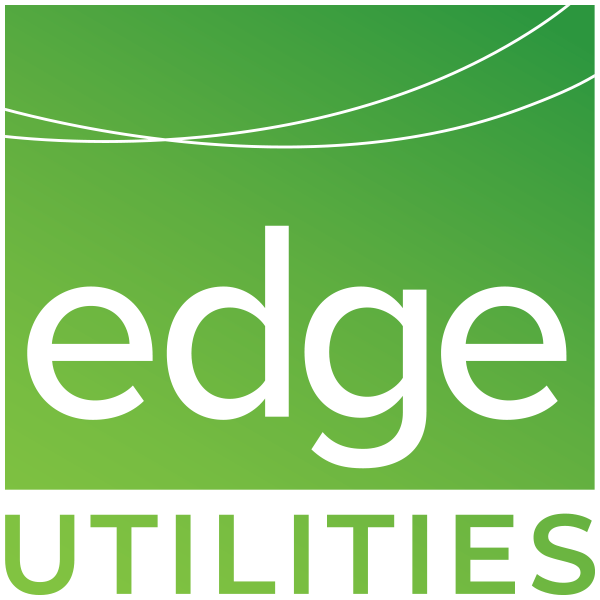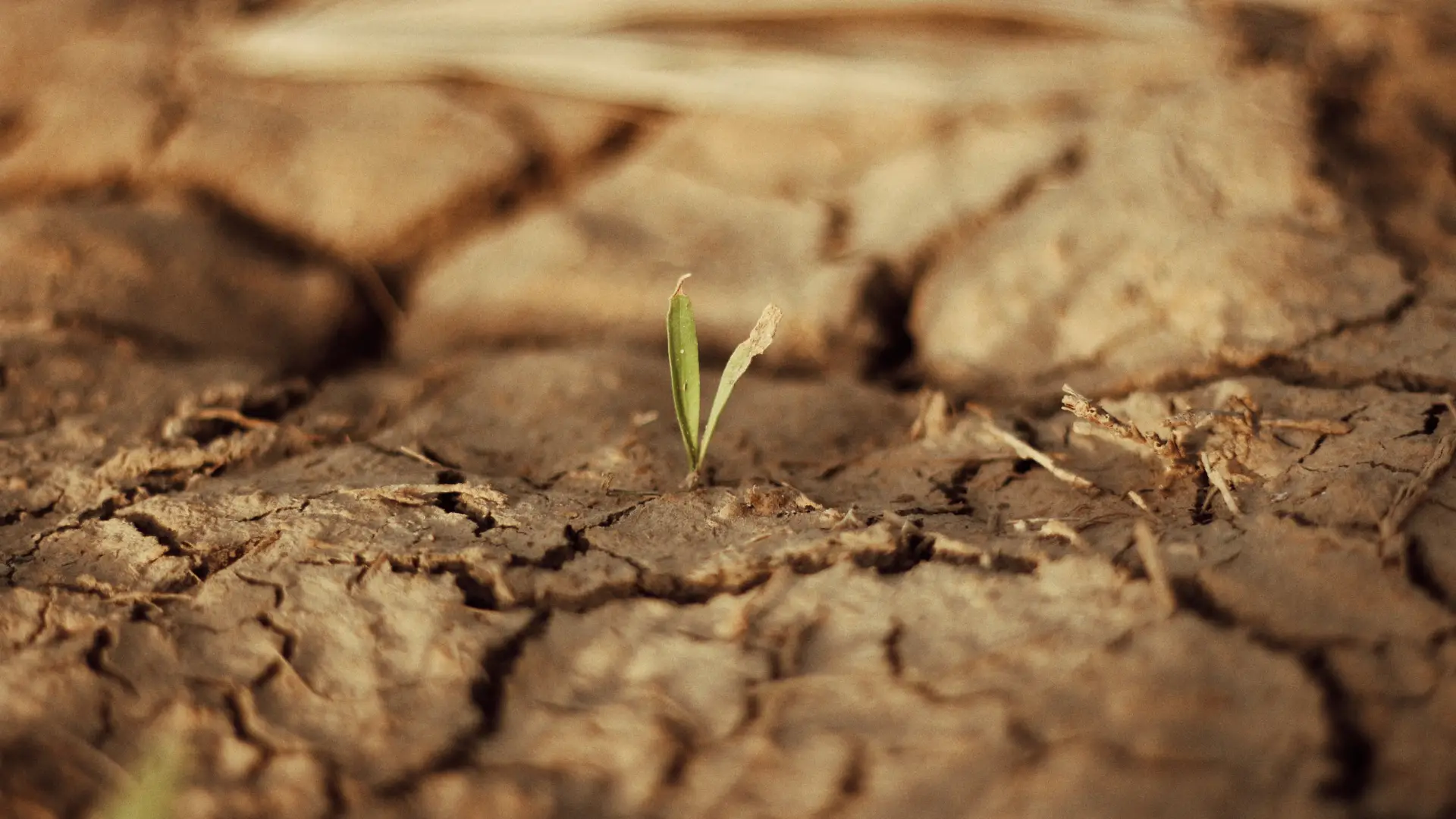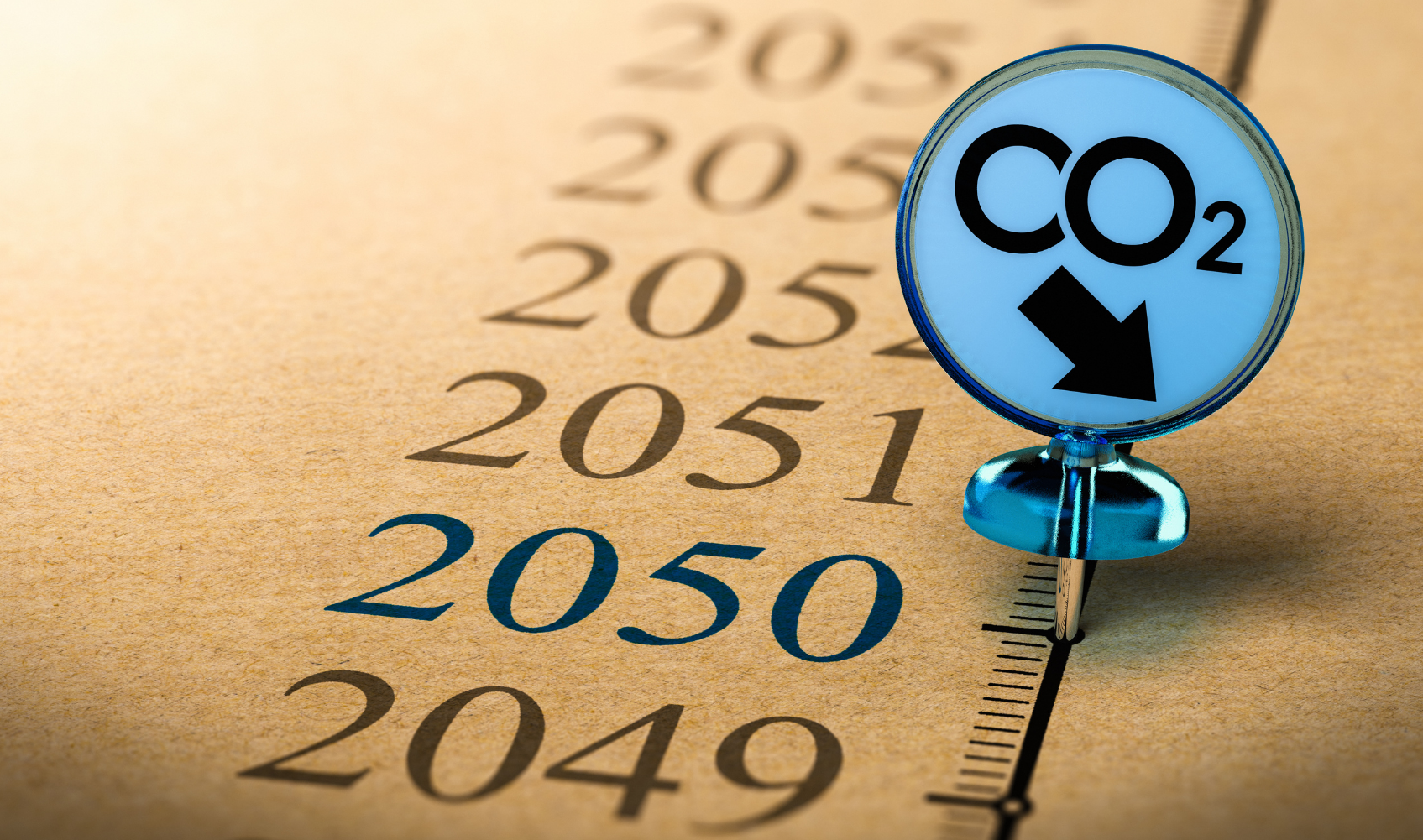The catastrophic impact caused by rising greenhouse gases
The Intergovernmental Panel on Climate Change (IPCC)’s 6th Assessment Report (AR6) has shocked the scientific world and beyond. More than 250 climate scientists worked on this eight-year assessment, which drew an alarming conclusion about the catastrophic impact caused by rising greenhouse gases.
The report highlights that we are already experiencing the effects of 1.1 degrees Celsius warming, including summer arctic ice coverage, ocean acidification, and rising carbon dioxide levels. Moreover, it discusses the irreversible effects that can occur at as low as a 1.5-degree overshoot, including species extinction and loss of life.
The UN’s Secretary-General, Antonio Guterres, has urged nations to abandon the 2050 net-zero target for stronger 2040 packs while calling for developed nations to phase out coal by 2030 and block new oil or gas extraction. This, he believes, could hold us at the 1.5-degree warming cap. The upcoming COP28 in the UAE in November and December will be a true test of the global commitment to tackling climate change. However, with the chair being the CEO of the 12th largest oil business, there are concerns about softening approaches.
The AR6 shows that we are close to the point of no return and that the impacts of climate change require immediate action.
This is a summary article from Edge2020 – read the original article.
The team Edge Utilities are passionate about renewables and sustainability, we are energy brokers with an eye on the planet. We are committed to helping councils and business communities reach their net zero goals through renewable power purchasing agreements (PPAs) and smart portfolio management.
To discuss options and plans for your community contact us at save@edgeutilities.com.au or call us on 1800 334 336 to discuss.


